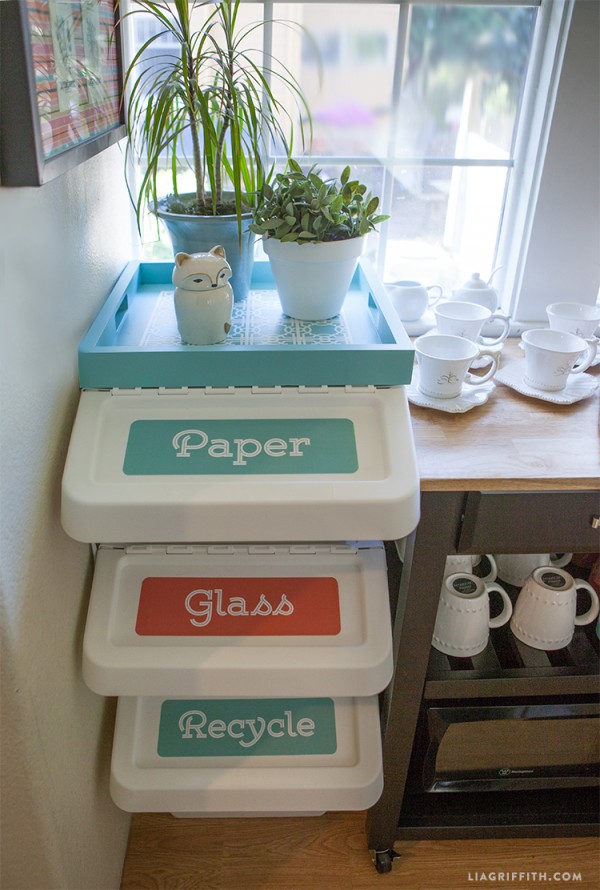
Revolutionizing Sustainability at Home: Home Recycling Centers
In the pursuit of a more sustainable lifestyle, individuals and families are increasingly turning their attention to effective recycling practices. Establishing a dedicated space for recycling within your home can significantly contribute to environmental conservation and resource management. Let’s delve into the world of home recycling centers and how they play a crucial role in fostering a greener living environment.
The Importance of Home Recycling Centers
Home recycling centers serve as centralized hubs for sorting, storing, and preparing materials for recycling. They play a pivotal role in making the recycling process more convenient and efficient for individuals and families. By designating a specific area for recycling within your home, you not only encourage consistent recycling habits but also streamline the process of waste diversion from landfills.
Setting Up Your Home Recycling Center
Creating an effective home recycling center begins with understanding the types of materials that can be recycled in your local area. Common recyclables include paper, cardboard, glass, plastic, and metal. Once familiar with the accepted materials, set up designated bins or containers for each category. Clearly label these containers to ensure proper sorting.
Convenience and Accessibility
Location is key when establishing a home recycling center. Choose a space that is easily accessible for all household members. The more convenient the recycling center is, the more likely everyone in the household will actively participate in recycling efforts. Consider placing recycling bins in areas where waste is generated, such as the kitchen or near entry points.
Educational Significance of Home Recycling Centers
A home recycling center serves as an educational tool, fostering awareness and understanding of the recycling process. Encourage family members, especially children, to actively participate in sorting materials. Use the recycling center as a platform to educate everyone about the environmental benefits of recycling and the impact of waste on the planet.
Efficient Sorting and Organization
Efficiency is paramount in a home recycling center. Clearly define the categories for sorting, and regularly check and empty the bins to prevent overflow. Implement a routine for taking the recyclables to your local recycling facility or collection point. This level of organization ensures a smooth and effective recycling process.
Incorporating a Composting Station
For those committed to comprehensive waste reduction, consider incorporating a composting station within your home recycling center. Composting organic waste, such as kitchen scraps and yard debris, contributes to nutrient-rich soil for gardening. This addition transforms your recycling center into a holistic waste management solution.
Upcycling and Creative Reuse
Extend the functionality of your home recycling center by incorporating a section for upcycling and creative reuse. Items that may not be suitable for traditional recycling can find new life through creative projects. This not only reduces the overall waste produced but also adds a touch of creativity to your sustainable living practices.
Community Engagement and Sharing Resources
Home recycling centers can be a catalyst for community engagement. Consider sharing resources and knowledge with neighbors, encouraging them to establish their recycling centers. Collaborative efforts amplify the impact of sustainable practices, creating a more environmentally conscious community.
If you’re considering setting up your home recycling center, Home Recycling Centers offers valuable insights and ideas for creating an efficient and sustainable waste management system at home. Explore the possibilities and take a step towards a greener and more eco-friendly lifestyle.
Conclusion: A Greener Future Starts at Home
In conclusion, home recycling centers are pivotal in transforming individual households into active participants in the global effort towards sustainability. By setting up an efficient recycling system, educating family members, and incorporating innovative practices like composting and upcycling, you contribute to a more circular and eco-friendly way of living. A commitment to responsible waste management at home lays the foundation for a greener future for generations to come.
